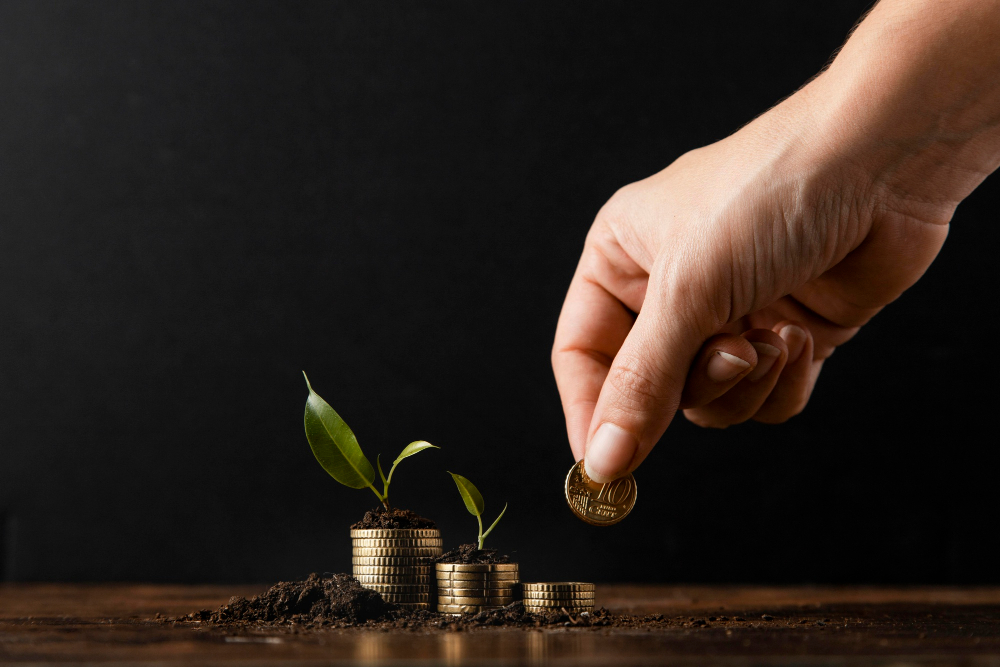Living alone can be a liberating and fulfilling experience, but it often comes with the responsibility of managing all household expenses, including utility bills. While these bills can add up, there are several smart strategies you can employ to reduce your utility costs and make your solo living more cost-effective and sustainable. In this guide, we’ll explore these strategies for saving money on your utility bills when living alone.If you want to know more about how to save money when living alone, click here.
1. Conduct an Energy Audit
Before implementing any cost-saving measures, start by conducting an energy audit of your home. Walk through each room and identify areas where energy may be wasted. Look for drafts, inefficient appliances, and lights left on when not in use. Identifying these issues will help you prioritize your energy-saving efforts.
2. Use Energy-Efficient Appliances
One of the most effective ways to reduce utility costs is to invest in energy-efficient appliances. When purchasing new appliances, look for the ENERGY STAR label, which indicates that the product meets strict energy efficiency guidelines set by the Environmental Protection Agency (EPA). Energy-efficient appliances consume less electricity and water, resulting in lower utility bills over time.
3. Seal Air Leaks
Air leaks in your home can significantly impact your heating and cooling costs. Use caulk or weatherstripping to seal gaps around windows, doors, and other openings. Insulate your home properly to prevent heat loss during the winter and maintain a comfortable temperature during the summer.
4. Adjust Your Thermostat
Heating and cooling your home can be a substantial portion of your utility expenses. Set your thermostat to lower temperatures in the winter and higher temperatures in the summer when you’re not at home or when you’re asleep. You can also invest in a programmable thermostat to automate temperature adjustments and maximize energy savings.
5. Opt for LED Lighting
Replace incandescent and CFL (compact fluorescent lamp) bulbs with energy-efficient LED (light-emitting diode) bulbs. LED bulbs use significantly less energy and have a longer lifespan, reducing both your electricity bill and the frequency of bulb replacement.
6. Unplug Devices and Chargers
Even when turned off, electronic devices and chargers can consume electricity if left plugged in. Make it a habit to unplug devices and chargers when they’re not in use or use power strips with an on/off switch to cut power to multiple devices at once.
7. Practice Water Conservation
Reducing water consumption can lead to lower water and sewer bills. Install low-flow showerheads and faucets to reduce water usage in the bathroom and kitchen. Fix any leaks promptly, and consider collecting rainwater for outdoor use to reduce the need for irrigation.
8. Be Mindful of Laundry
When doing laundry, use cold water whenever possible. Cold water washing not only saves energy but also helps preserve the quality of your clothing. Additionally, only run full loads of laundry and use a high-efficiency washer if available.
9. Air Dry Your Clothes
Whenever possible, air dry your clothes instead of using a dryer. Hanging clothes on a clothesline or using a drying rack can significantly reduce your electricity consumption and extend the lifespan of your clothing.
10. Reduce Phantom Energy Usage
Phantom energy, also known as standby power or vampire power, refers to the energy consumed by electronic devices even when turned off. To reduce phantom energy usage, unplug devices or use smart power strips that can cut off power to idle devices automatically.
11. Seal and Insulate Ductwork
Leaky ductwork in your heating or cooling system can lead to significant energy losses. Seal and insulate your ducts to ensure that conditioned air reaches its intended destination efficiently. This can help reduce heating and cooling costs.
12. Maintain Your HVAC System
Regular maintenance of your heating, ventilation, and air conditioning (HVAC) system is essential for efficient operation. Change air filters regularly, schedule annual HVAC inspections, and address any issues promptly to ensure your system runs optimally.
13. Reduce Hot Water Temperature
Lower the temperature of your hot water heater to a comfortable yet energy-efficient level. Most households can set their water heaters to 120°F (49°C) without sacrificing comfort. Lowering the temperature can reduce energy consumption and prevent scalding accidents.
14. Use Natural Ventilation
Take advantage of natural ventilation when the weather allows. Open windows and doors to let in fresh air, reducing the need for artificial cooling or heating. Ceiling fans can also help distribute cool air during the summer and circulate warm air in the winter.
15. Consider Renewable Energy Options
If you have the opportunity, explore renewable energy sources like solar panels or wind turbines. While the initial investment may be substantial, these options can significantly reduce or even eliminate your reliance on traditional utility services in the long run.
16. Monitor Your Usage
Use smart meters and energy monitoring tools to track your utility usage in real-time. Being aware of your consumption patterns can help you make more informed decisions about when and how to use energy.
17. Negotiate Your Rates
Contact your utility providers to inquire about any available rate reductions or discounts for energy-efficient practices. Some providers offer incentives for customers who reduce their energy consumption.
18. Practice Eco-Friendly Habits
Beyond your home, consider eco-friendly transportation options, like carpooling, biking, or using public transportation, to reduce fuel costs. Also, minimize waste and recycle to contribute to environmental sustainability.
Conclusion
Reducing utility bills when living alone is not only about saving money but also about making environmentally responsible choices. By implementing these smart strategies, you can lower your energy and water consumption, reduce your environmental footprint, and enjoy a more comfortable and cost-effective living space. Whether you’re looking to save money or minimize your impact on the planet, these tips will help you achieve your goals and make the most of your solo living experience.





